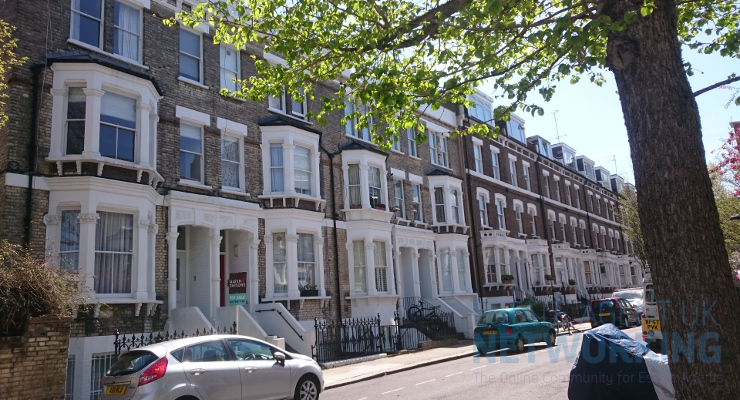What can affect the profitability of a rental property?
In the residential lettings market, rents are rising, and competition is fierce. But what can affect the profitability of your BTL investment? We aim to find out here.
As Stephen Clark, from Finbri bridging finance, says, “Demand for rental properties remains strong across the UK, but the market demand is not being met by the current supply, pushing rents higher. According to Zoopla, the typical property takes just 14 days to rent, providing investors and property developers with the opportunity to help ease the current demand while making a good return on their investment.”
What can affect the profitability of a rental property?
Location
Different locations will have different rental yields, so profitability will be greatly influenced by your property location. For example, in Q1 2022, Nottingham had an 11.3% rental yield, partly due to the large student population from two universities. Manchester also had a rental yield of 10.10%, as it’s the most significant economic area outside of London.
When choosing a location, it’s a good idea to research the current and estimated rental yields of the area, as this can give you a better perspective on the profitability of the investment.
The needs of tenants in the area
One way to ensure a profitable rental investment is to choose the right type of property for tenants’ needs in a designated area. For example, suppose you decide to purchase something near a university, students will likely dominate your tenant list so, in this instance, an HMO conversion may be more profitable than a family rental.
Another example would be choosing a property in an area close to a school. The needs of these tenants will likely be more about providing a home for their growing family, so a semi-detached property with a garden is likely more desirable.
Knowing what a particular tenant is likely to need is essential to creating the best type of property for them, thus increasing the likelihood of a quick rental.
Crime in an area
Some areas of the UK are criminal hotspots which can be detrimental to the level of demand for your property. Crime statistics should be available from the local police. It can provide the rates of vandalism and serious and petty crimes while keeping track of whether criminal activity is increasing or decreasing. Although rental yields don’t tend to differ massively, the likelihood of finding trustworthy and long-term tenants can be more tricky.
Local facilities
Locations across the UK that can provide desirable local amenities such as parks, restaurants, gyms, cinemas, theatres, public transportation connections typically generate higher rental prices. More amenities also often create more jobs, which can attract tenants wishing to move from one area to another.
Development potential in the future
If a location has a lot of developments in progress, this could signal either an excellent area for growth or an area that is about to run short of profitable development opportunities.
The local planning department will have information on existing developments or plans for the region and this information may highlight new developments that may lower or increase the value of nearby properties.
The number of available listings in an area
If a particular location has an exceptionally high number of listings, it could indicate a seasonal cycle or a neighbourhood in decline, so it’s important to do your research and understand why the supply is so high. If a large number of properties are still up for rent in a particular area, this could force landlords to decrease the rent to find suitable tenants. Conversely, if fewer properties are available for rent in certain areas, rental prices can be raised and may return a higher rental yield.
Average rental prices
Before purchasing a rental property, ensure that the property can generate enough rental income to cover your mortgage payment, taxes, and other expenditures. Where known allow enough of the rental income to cover forecasted rises in taxes and other financial obligations as this could impact the profitability in the long-term.
Flooding
When choosing a rental property, floods can impact insurance costs. According to Which?, more than 5.2 million homes are at risk of flooding in England alone. Although a government-backed scheme Flood Re, has helped nearly half a million households with added flood insurance, this levy doesn’t cover all properties.
As outlined by Flood Re, these properties include,
1. Bed and breakfast premises paying business rates;
2. Blocks of more than three residential flats;
3. Company houses/flats;
4. Properties covered by contingent buildings policies (e.g. held by banks);
5. Farm outbuildings;
6. Properties used by freeholders/leaseholders in deriving commercial income insuring blocks/large numbers of properties in a portfolio;
7. Housing association’s residential properties;
8. Multi-use properties under commercial or private ownership;
9. Residential ‘buy to let’ (which do not meet the criteria 1-8 (inclusive) above);
It’s always best to assess a property fully to ensure that you are fully aware of any pitfalls that may impact your profits in the future.
In summary
While the rental market is still increasing, there are still investment opportunities available to landlords across the UK. A profitable rental property takes careful research and consideration of several factors, some of which have been listed in this article, but with time and due diligence, landlords can look to make a healthy profit going forward.









